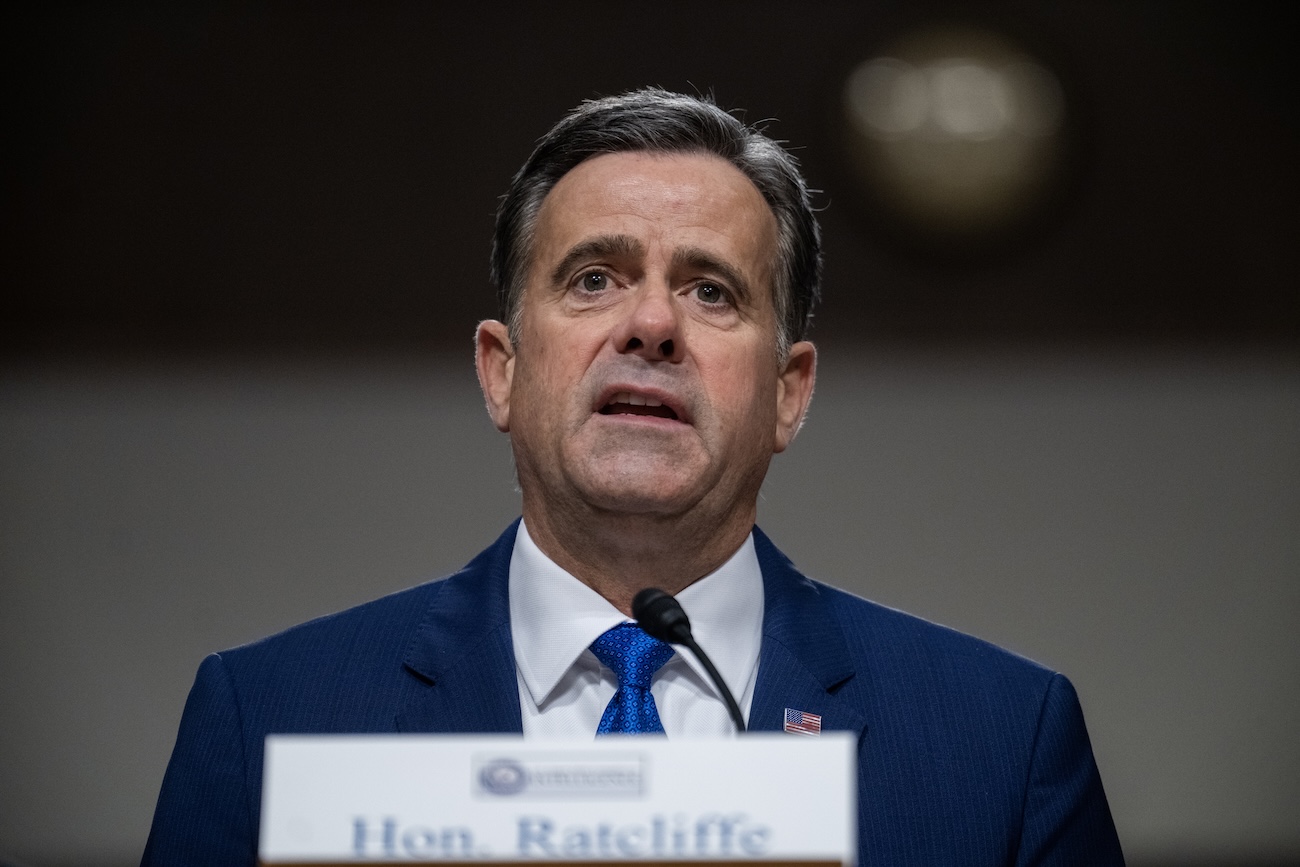This post first appeared on Government Executive. Read the original article.
<
Like EPA, Trump has approached the intelligence community with significant skepticism. He has vowed to gut the “deep state” that makes it up, though CIA Director-designate John Ratcliffe on Wednesday vowed to defend his employees. Asked by Sen. Mark Warner, D-Va., if he would fire or force out career CIA employees for not being sufficiently loyal to Trump, Ratcliffe, who previously served as head of the Office of the Director of National Intelligence, said he would not employ any political litmus or loyalty tests.
“If you look at my record and my record as DNI, that never took place,” Ratcliffe said. “That is never something anyone alleged.” He added: “It’s something that I would never do.”
Sen. Marco Rubio, R-Fla., who Trump has tapped to lead the State Department, said he and the political appointees at the agency would lean on the “array of experts within the Department of State.”
“The point is that we want to have people that are highly capable, both those who we bring from what they call political appointees, but also those that are promoted from within the Foreign Service,” Rubio told members of the Senate Foreign Relations Committee.

Under President Biden, State has grown its rolls more than any federal department and new Foreign Service classes have reached record highs in size. The department faced an extended hiring freeze during Trump’s first term, however, and shed staff at a high rate. Asked by Sen. Chris Coons, D-Del., if he would commit to resisting efforts to downsize State’s workforce, Rubio suggested he would do so.
“When we talk about efficiency, the efficiency isn’t simply just saving money,” he said. “The efficiency is improving performance.”
He noted State has a significant customer service role and “if somehow, through the leveraging technology appropriately, we can get people at the State Department to achieve three times the amount of work than they do now, because it takes less time to do these tasks or frees them up to do other tasks, that would be an enormous win.”
Already, though, Trump’s State transition team has asked three top career officials to step down from their roles on Jan. 20, Reuters reported this week.

The Internal Revenue Service has also undergone an enormous hiring surge thanks to funding from the Inflation Reduction Act, though Republicans have pledged to revoke the remaining money. While current Treasury Department leadership has cautioned that would lead to an unwinding of modernization efforts and the ramped up enforcement on wealthy tax cheats, Scott Bessent, Trump’s Treasury secretary-designate, declined to spell out his vision. Bessent said he would continue investing in technological upgrades that would make tax collection more efficient, but fell short of any promise to maintain current staffing levels.
“If confirmed, I will come back to you with a plan for helping collections,” Bessent told Sen. Ron Wyden, D-Ore., the top Democrat on the Senate Finance Committee, on Thursday. Alluding to Wyden’s request that the plan focus on wealthy tax evaders, Bessent added: “If there is some large motherlode there then to figure out how to crack that, whether it is through AI [or] here are some other means, I will commit to coming back to you.”
At the governmentwide level, Trump’s Office of Management and Budget Director-designate Russ Vought on Wednesday defended a plan he helped create to strip merit-based civil-service protections from large swaths of the federal workforce. Even Vought, however, when explaining his belief that there are “weaponized bureaucracies across the federal government,” said his view “doesn’t mean there’s not amazing career civil servants.”
]]>

